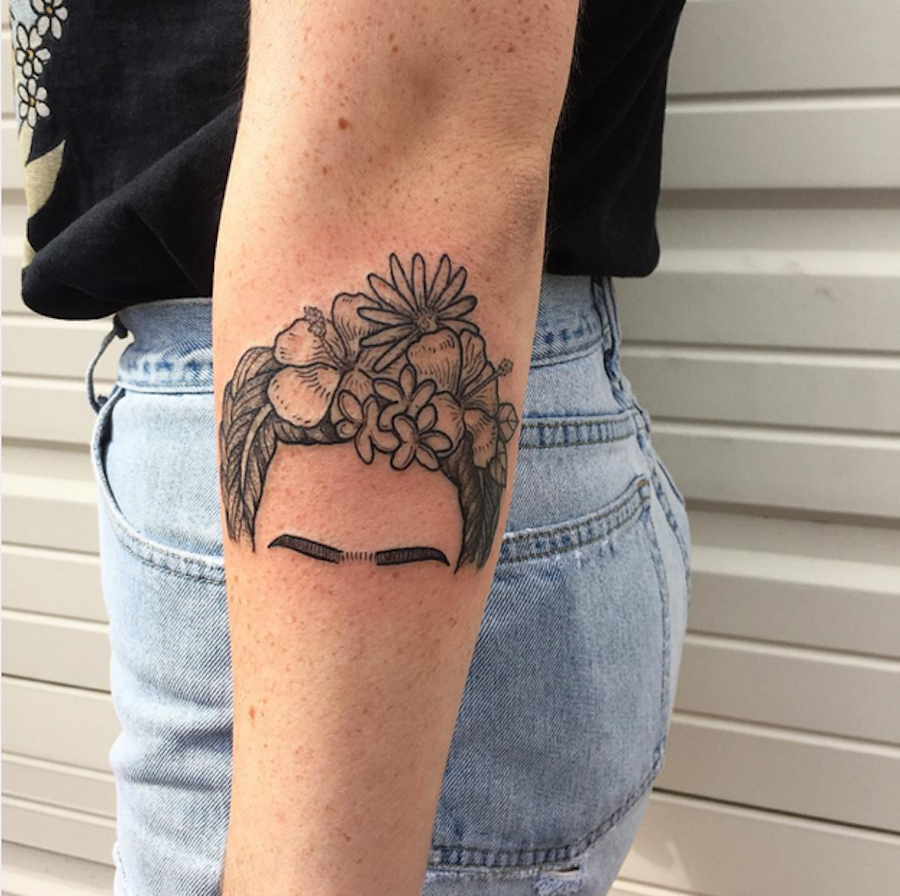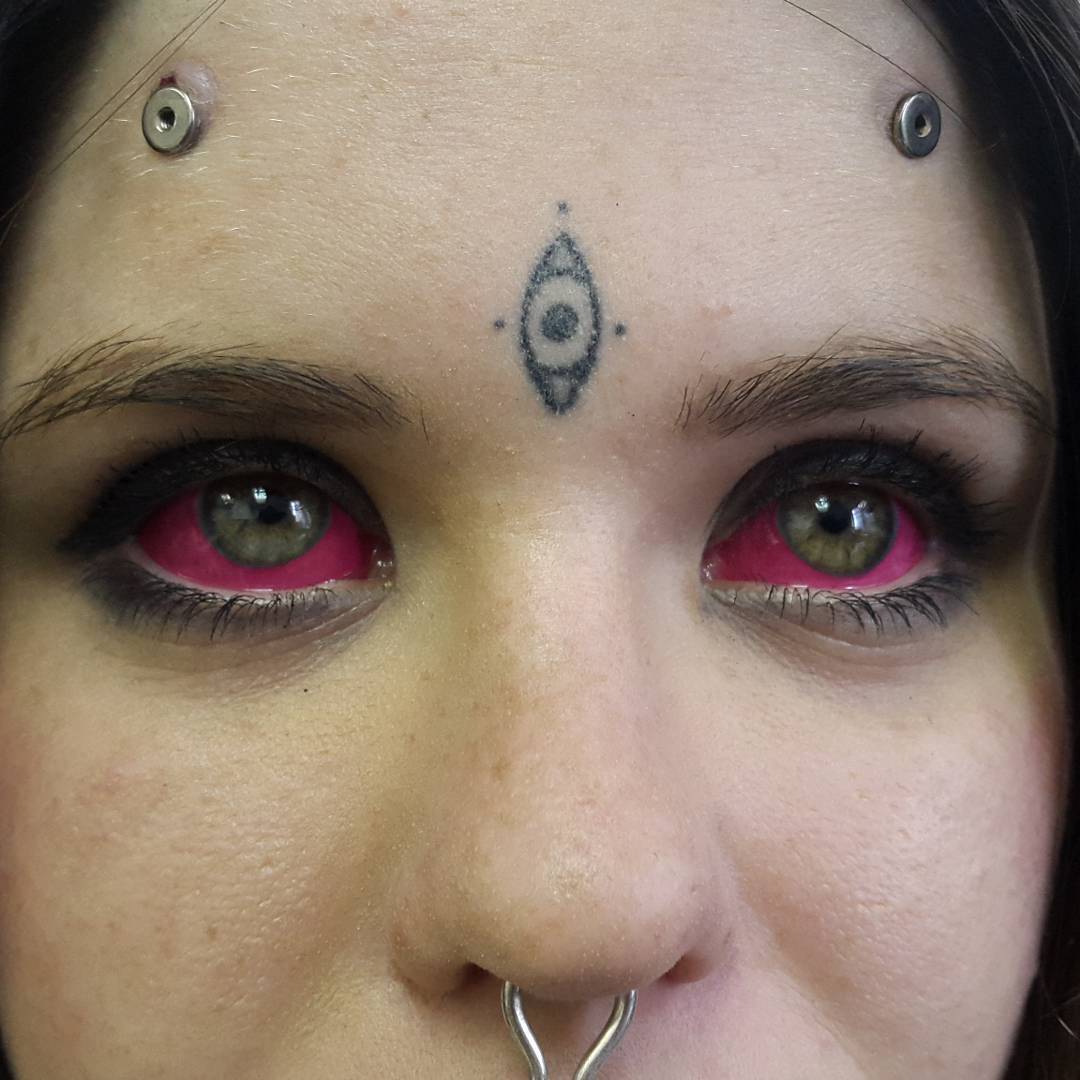Getting a tattoo at 16 is a decision that many teenagers consider, but it comes with important legal and personal considerations. While tattoos have become increasingly popular among younger generations, the laws and regulations surrounding them vary significantly depending on where you live. Understanding these rules, along with the potential risks and long-term implications, is crucial before committing to permanent body art. This article delves into the legalities, parental consent requirements, and health considerations to help you make an informed choice.
For teens, the appeal of tattoos often stems from self-expression, identity, or a desire to fit in with peers. However, the permanence of tattoos means that careful thought and research are essential. Many countries and states impose age restrictions to protect young people from making impulsive decisions they may regret later. Additionally, parental involvement plays a key role in this process, as consent is often required for minors under certain ages.
Legal guidelines aside, there are also emotional and physical aspects to consider. Will the tattoo still resonate with you years down the line? Are you aware of the health risks and aftercare requirements? These questions are vital to explore before stepping into a tattoo studio. Below, we’ll break down everything you need to know about getting inked at 16, including the rules, risks, and tips for choosing a reputable artist.
Read also:Discovering The Joy Of Words That Rhyme With No
Can You Have a Tattoo at 16 Without Parental Consent?
One of the most common queries among 16-year-olds is whether they can get a tattoo without their parents' permission. The answer largely depends on the laws in your region. In many places, such as the United States, getting a tattoo under the age of 18 typically requires parental consent. Some states may allow tattoos for minors with explicit parental approval, while others prohibit it entirely until the age of 18. It’s crucial to check the specific regulations in your area to avoid legal complications.
Why Does Age Matter When It Comes to Tattoos?
Age restrictions exist to safeguard young individuals from making irreversible decisions they might later regret. Teenagers' tastes and preferences often change as they mature, and tattoos, being permanent, could become outdated or no longer align with their values. Moreover, minors may not fully grasp the long-term implications of tattoos, including how they could affect future career opportunities or personal relationships.
What Happens If You Get a Tattoo Underage Without Consent?
Getting a tattoo underage without parental consent or violating local laws can lead to serious consequences. Tattoo artists who ink minors illegally risk losing their licenses and facing legal penalties. Meanwhile, the minor could face disciplinary action at home or school. Furthermore, the tattoo itself might be deemed invalid and could even be removed at the discretion of authorities in extreme cases. Always ensure compliance with the law to avoid such complications.
Can You Have a Tattoo at 16 in Different Countries?
The rules regarding tattoos for 16-year-olds differ across the globe. For instance, in the UK, the legal age for getting a tattoo is 18, with no exceptions for parental consent. In contrast, some European countries like Germany permit tattoos for minors with parental approval. Meanwhile, in Australia, the minimum age is 18, though exceptions may apply for medical or cultural reasons. Understanding these international variations is essential if you plan to travel abroad for a tattoo.
What Are the Legal Requirements for "Can You Have a Tattoo at 16" in the US?
In the United States, federal law doesn’t regulate tattoos, leaving the responsibility to individual states. Most states require individuals to be 18 or older to get a tattoo, but some allow minors to get inked with parental consent. For example, in California, minors can get tattoos with written parental permission, whereas in Texas, the minimum age is strictly 18. Researching your state’s specific laws is vital before proceeding.
Do All Tattoo Studios Follow the Same Rules for Minors?
Not all tattoo studios adhere strictly to legal requirements, especially in areas with lax enforcement. However, reputable shops will always follow the law to maintain their licenses and protect their clients. If a studio is willing to tattoo a minor without proper documentation or parental consent, it’s a red flag that they may not prioritize safety or legality. Always choose licensed and trustworthy artists who follow established protocols.
Read also:Discovering Stefania Deriabina A Journey Into Her Life And Legacy
What Are the Health Risks of Getting a Tattoo at 16?
Beyond legal considerations, there are important health risks associated with tattoos. These include infections, allergic reactions, and improper healing. Young skin may be more sensitive, increasing the likelihood of complications. Furthermore, tattoos require diligent aftercare to ensure proper healing, which can be challenging for busy teens. Consulting a dermatologist or a trusted tattoo artist can provide valuable insights into mitigating these risks.
How Can You Prepare for a Tattoo at 16?
If you’re serious about getting a tattoo, thorough preparation is key. Start by researching reputable tattoo artists in your area and reviewing their portfolios. Discuss your design ideas with the artist to ensure it reflects your vision and aligns with your lifestyle. Additionally, consider the location of the tattoo and its potential impact on your future. Remember, tattoos are permanent, so take your time to make the right decision.
What Are Some Tips for Choosing a Tattoo Design at 16?
- Select a design that has personal significance rather than following trends.
- Avoid large, elaborate tattoos that might limit your options for modifications later.
- Choose a placement that won’t interfere with daily activities or future career prospects.
Can You Have a Tattoo at 16 and Still Pursue Your Career Goals?
Another critical consideration is how a tattoo might impact your career aspirations. Certain professions, such as law enforcement, healthcare, or corporate roles, may have strict policies regarding visible tattoos. Even if your tattoo is meaningful to you, its visibility could affect job prospects. Many employers prefer a professional appearance, so opting for discreet or easily concealable tattoos might be wise.
What Should You Do If You Regret Your Tattoo Later?
Regretting a tattoo is a possibility, especially if it was done impulsively. Options for removal include laser treatments, which can be costly and time-consuming. Prevention is always better than cure, so take your time to decide whether a tattoo truly aligns with your long-term goals and values.
Table of Contents
- Can You Have a Tattoo at 16 Without Parental Consent?
- Why Does Age Matter When It Comes to Tattoos?
- What Happens If You Get a Tattoo Underage Without Consent?
- Can You Have a Tattoo at 16 in Different Countries?
- Legal Requirements for "Can You Have a Tattoo at 16" in the US
- Do All Tattoo Studios Follow the Same Rules for Minors?
- What Are the Health Risks of Getting a Tattoo at 16?
- How Can You Prepare for a Tattoo at 16?
- Tips for Choosing a Tattoo Design at 16
- Can You Have a Tattoo at 16 and Still Pursue Your Career Goals?
Final Thoughts
Deciding whether to get a tattoo at 16 is a significant choice that requires careful consideration of legal, health, and personal factors. While tattoos can be a powerful form of self-expression, understanding the rules and risks is essential to making the right decision. By educating yourself and consulting trusted professionals, you can ensure that your tattoo journey is both safe and meaningful. Remember, the key lies in patience, research, and respect for the permanence of this art form.


